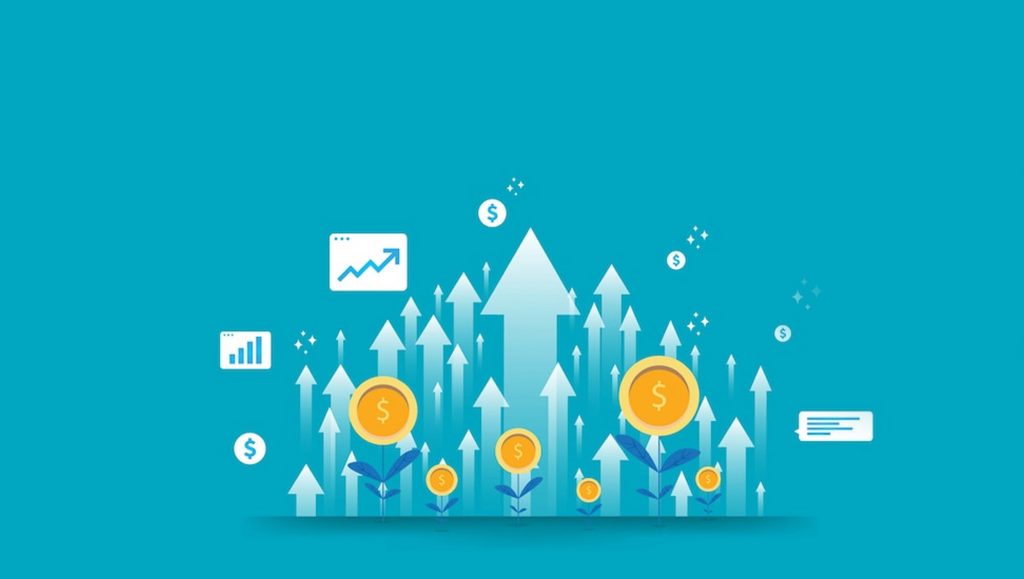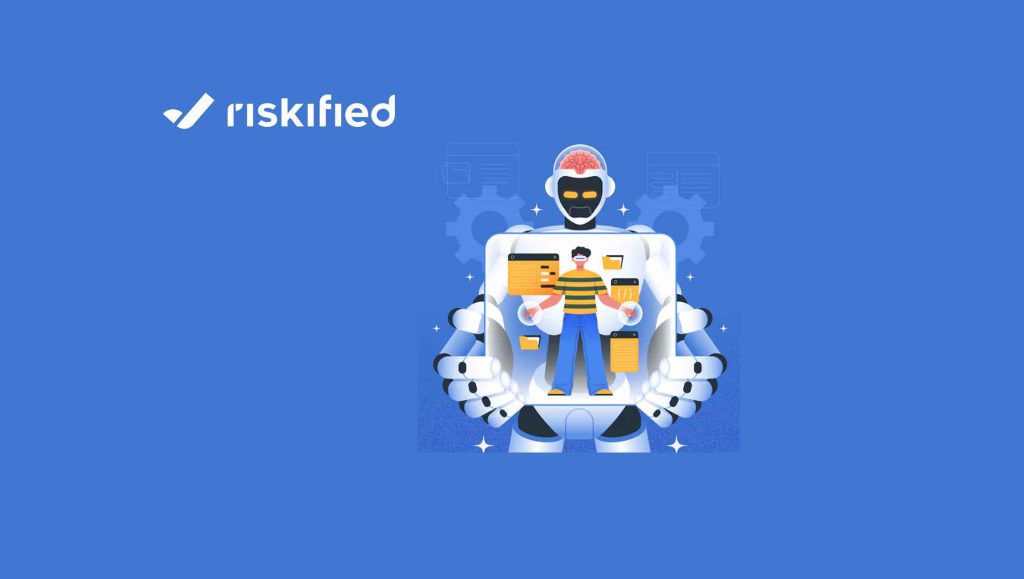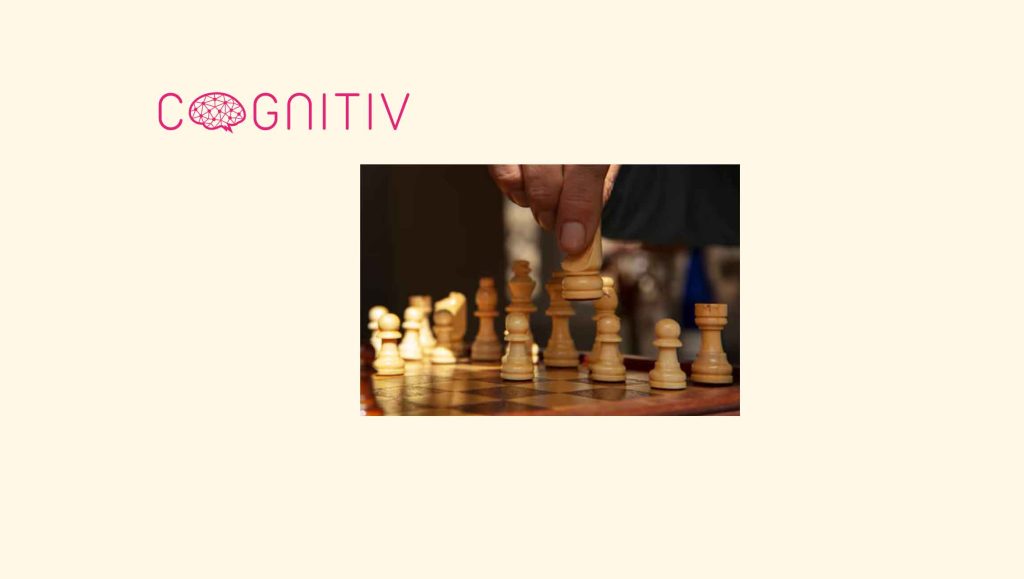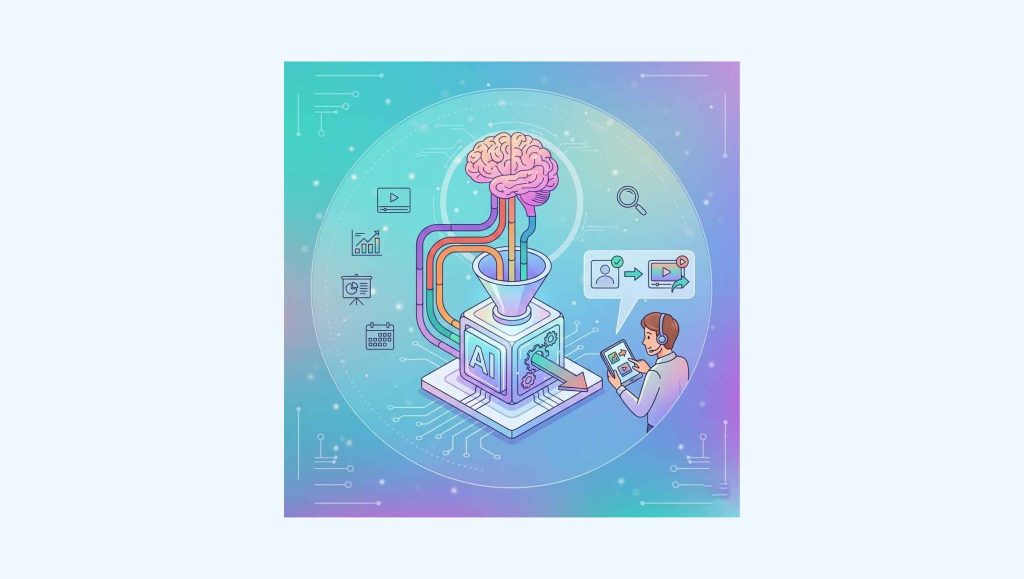For many B2B companies, virtual events have long been reliable mechanisms for driving awareness, educating key audiences, and gathering feedback – from monthly sales webinars and user groups, to live-streamed keynotes and executive luncheons. But in the wake of the global pandemic, and a world now largely devoid of in-person events, they are more essential than ever.
Companies everywhere are doubling-down on virtual events, making it important for marketers to automate the logistics required for success. Automating processes such as audience outreach, reminders, and follow-up saves critical time and consistently positions virtual events for success.
Here’s where automation can reduce some of the heavy lifting from the shoulders of event marketers:
Cloning event pages
Event marketing automation can take much of the repetitive work out of event planning – starting with event landing pages. Since many B2B virtual events may be very similar in format and style, recreating individual event pages – such as a registration page or a “thank you” page – can quickly become repetitive and time-consuming. Event marketing automation helps marketers save time and effort by cloning pages from similar events, and enable them to be customized as needed – saving significant time and effort.
Read More: SalesTechStar Interview With Rob Ryan, Director Of Pre-Sales & Solutions Consulting, LumApps
Executing targeted invitation outreach
Simply by the nature of being online, virtual events can reach anyone with an internet connection or a smartphone. While this makes the pool of potential attendees much larger – it also increases the demand on marketers to be more targeted in their outreach. Automated marketing technology can not only help with the time-consuming work of reaching potential audience members, but it can intelligently target and secure the right attendees for business events. Today’s more advanced event marketing automation solutions can quickly define and identify very specific audience profiles and make it simple to execute highly targeted campaigns across multiple channels.
Necessary reminders
Attendance rates can take a hit if a reminder email, or some other form of pre-event outreach isn’t conducted. Creating the right reminder sequences and messaging can be very time-consuming and repetitive work, especially if you are hosting multiple virtual events every month. Event marketing automation takes on the heavy lifting of email communication at multiple touch-points throughout the attendee lifecycle.
Post event follow-up
The follow-up after any virtual event is a critical component to success. This can take on many different forms including a post-event survey, on-demand recordings, supplemental content, and the important sales call. Event marketing automation supports all of these efforts by managing the full spectrum of follow-up activity and by integrating with CRM systems to measure and track the impact on attendees. This type of activity is particularly important for maintaining a connection with those who may have registered to attend, but were unable to show up.
As the marketing world intensifies its focus on virtual events in response to the COVID-19 pandemic – the demand for highly intelligent event marketing technology is here. Event marketers are being asked to do more than ever. Event marketing automation allows them to be more efficient and effective in a business environment that is evolving rapidly and presenting new challenges every day.




















